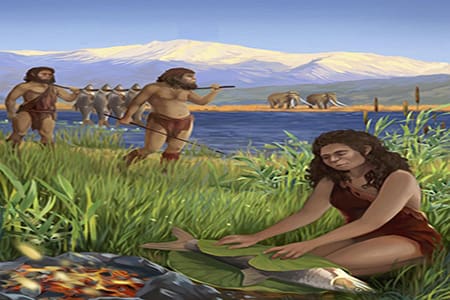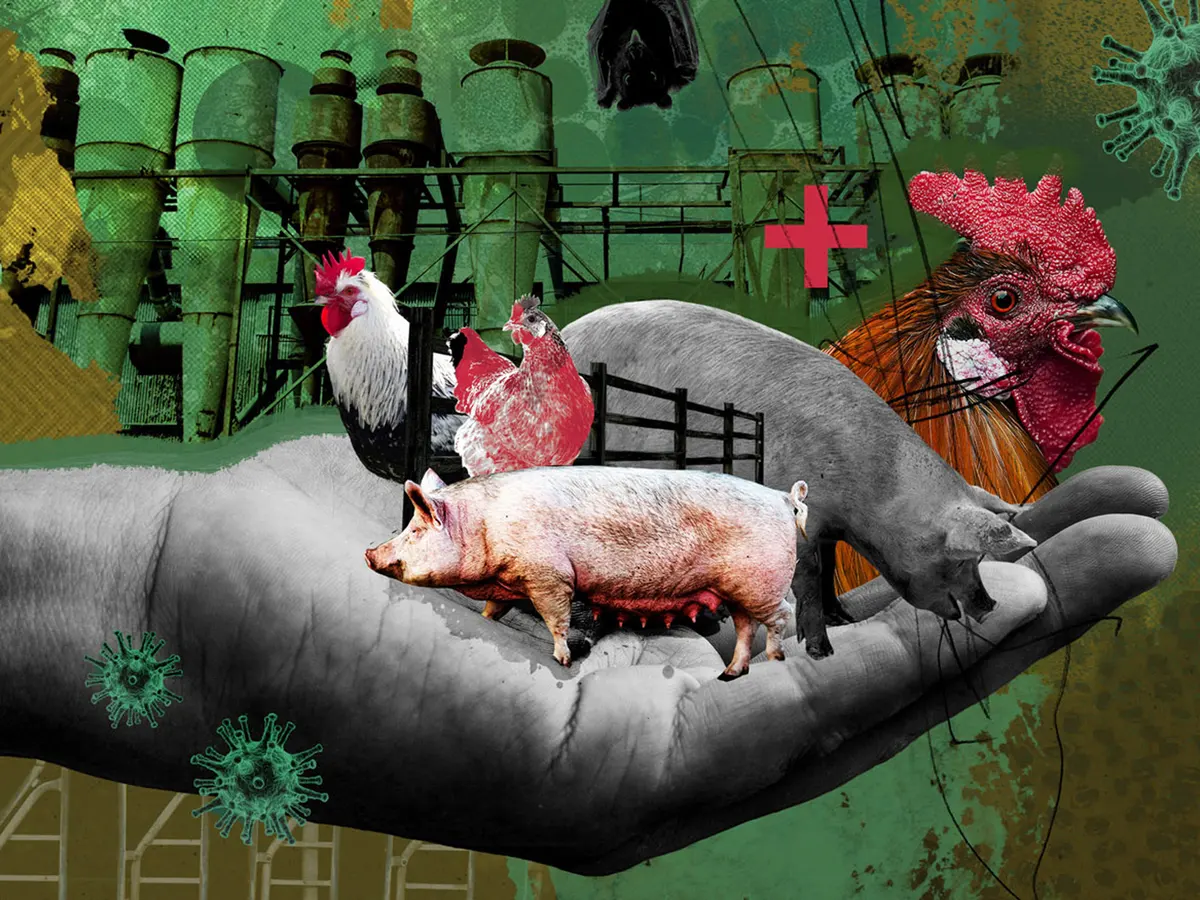The Nutrition category investigates the vital role of diet in shaping human health, well-being, and longevity—placing plant-based nutrition at the center of a holistic approach to disease prevention and optimal physiological function. Drawing from a growing body of clinical research and nutritional science, it highlights how diets centered on whole plant foods—such as legumes, leafy greens, fruits, whole grains, seeds, and nuts—can reduce the risk of chronic illnesses including heart disease, diabetes, obesity, and certain cancers.
This section also addresses common nutritional concerns by presenting evidence-based guidance on key nutrients such as protein, vitamin B12, iron, calcium, and essential fatty acids. It emphasizes the importance of balanced, well-planned dietary choices, showing how vegan nutrition can meet the needs of individuals across all life stages, from infancy to older adulthood, as well as support peak performance in physically active populations.
Beyond individual health, the Nutrition section considers broader ethical and environmental implications—showing how plant-based diets reduce the demand for animal exploitation and significantly lower our ecological footprint. By promoting informed, conscious eating habits, this category empowers individuals to make choices that are not only nourishing for the body but also aligned with compassion and sustainability.
The evolution of human diets reveals a captivating story of adaptability and survival, with early humans relying heavily on plant-based foods long before meat became a dietary cornerstone. Fruits, vegetables, nuts, seeds, and legumes provided the essential nutrients needed to sustain their health and vitality in challenging environments. As hunting tools and agricultural practices emerged, meat consumption gradually increased—but the resilience of our ancestors on plant-based diets remains a testament to the power of these natural food sources. This article explores how early humans thrived without meat while highlighting the significant health advantages and environmental sustainability offered by plant-based eating today




















































